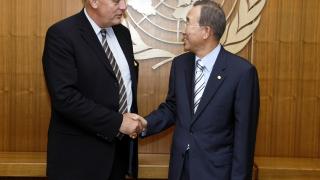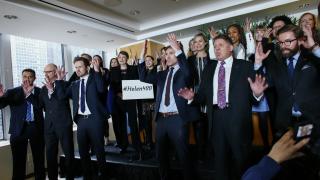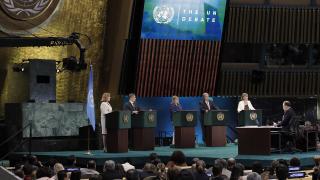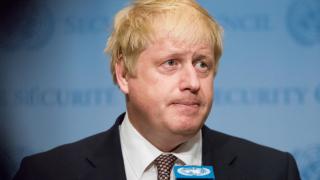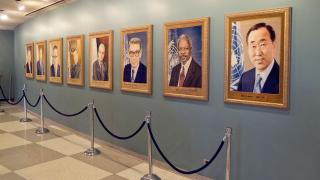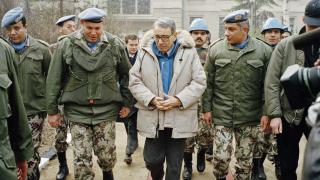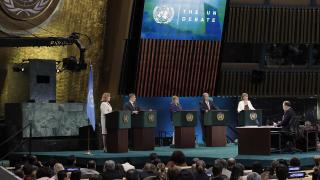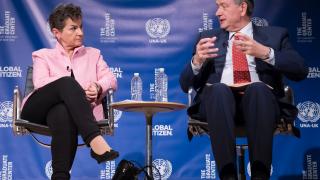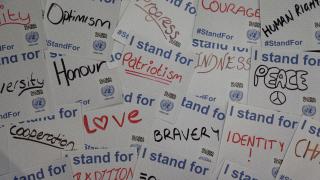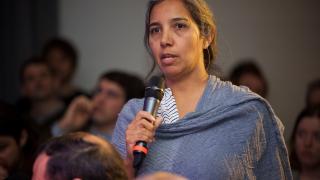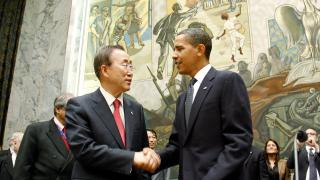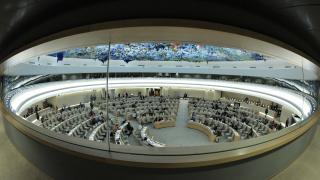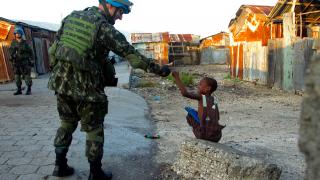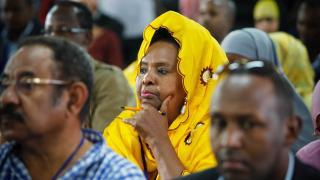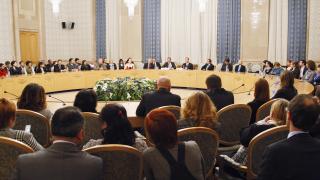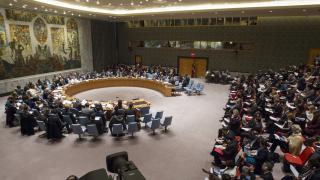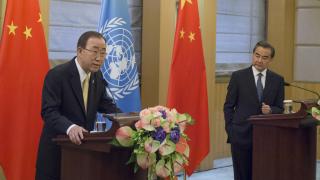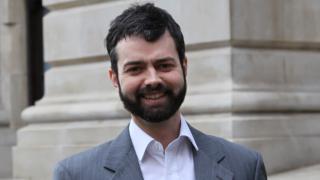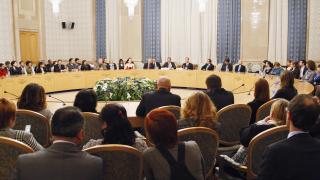
Our fragmented world needs an agile United Nations, able to bridge the divides between and within states. As the UK prepares to leave the EU, the UN will become more important to us as our main connector to the world. Yet this key institution faces complex and long-standing challenges within its own system. A recent article by long term UN employee and former Assistant Secretary-General Anthony Banbury accused the UN of failing in its mission, citing a ‘sclerotic personnel system’ as the first major problem.
As the front line against the crises evolving across large swathes of the world, the ability to recruit skilled staff in a short timeframe is critical to the UN’s effectiveness, and indeed its legitimacy, as "first-responder" to the world's biggest problems. In many ways the UN recruitment system is admirable, testing and interviewing thousands of potential employees to get the best. But it is also beset by bureaucratic problems, with an average time of 213 days (and soon likely over a year, following procedural changes) to recruit staff members. Long recruitment times mean high costs, drawn-out response times for emergencies and a reluctance to dismiss or sanction existing staff for poor performance.
As UNA-UK’s 1 for 7 Billion campaign draws attention to the process for selecting the next Secretary General, it is important to remember that they are not only the representative of 7 billion citizens around the world, but also the manager of 50,000 UN staff.
This is something which both the candidates and member states have acknowledged. In a recent meeting with the Chair of the UN APPG, Lord Hannay of Chiswick, Secretary-General candidate Vuk Jeremić detailed his proposals for high-level UN appointments. The topic was also discussed in UNA-UK’s Secretary-General candidates’ debate in London and concerns about high-level appointments were raised by member states during the candidate sessions in the UN General Assembly.
While high-level appointments have been in the spotlight, little attention has been given by candidates or states to the recruitment of ordinary UN personnel. Yet whichever candidate ultimately takes on the mantle of SG must bring this critical issue to the forefront of management reform in the UN and work with the Office of Internal Oversight Services (OIOS) to conduct an audit of recruitment processes. Ultimately, the SG should try to reduce the time it takes to recruit a new member of staff. This does not mean throwing caution to the wind and putting speed above quality, but there is a clear need to explore realistic ways for the UN to shorten the time it takes to recruit.
Moreover, the new SG should investigate expanding the rosters of trained external experts and organisations that can be called on as needed. This would require changes to the existing system, but could help reduce costs and the time it takes to get experts on the ground in crisis situations. Expert assistance from external organisations could be encouraged by simplifying processes for obtaining UN funding and creating schemes for the UN to source workers from among their staff. The UN’s operations stand to benefit from being able to find high quality assistance without the need for lengthy recruitment processes.
The 1 for 7 Billion campaign has fought for fair recruitment at the upper echelons of the UN, and the UK’s Ambassador to the UN has suggested several processes that could help the Secretary-General recruitment align with established best practice, such as open applications and interviews against objective standards. As the new Secretary-General takes office in 2017, they must ensure that these principles – transparency, inclusiveness and efficiency – are applied just as stringently to ordinary staff recruitment.
There are those opposed to change, and Joachim Muller, Director for Management and Finance at the Organisation for Security and Co-operation in Europe, has said that "management reform in the UN will continue to remain (...) a cumbersome and lengthy step-by-step process". With resistance to reform at high levels, it will not be easy to improve. But global threats can affect millions of lives in a short time, and it is crucial that the UN can access the talent it needs within days, not months. The challenges which lie ahead should inspire us to push for action on this critical issue. After all, an organisation is only as strong as its people.
Photo: Secretary-General Holds Town Hall Meeting with UN Russia Staff. Copyright: UN Photo/Mark Garten



